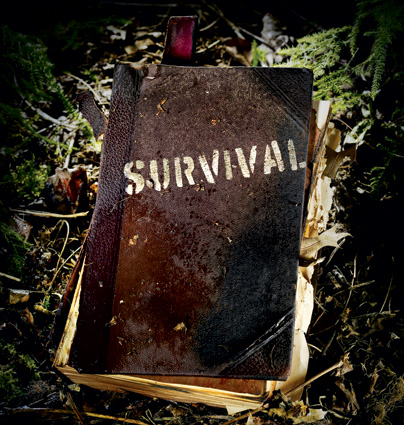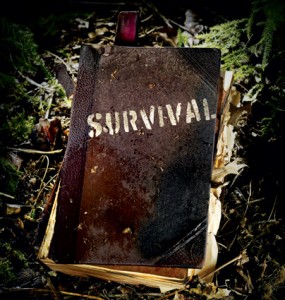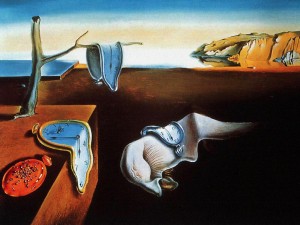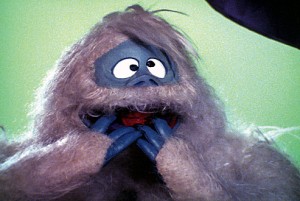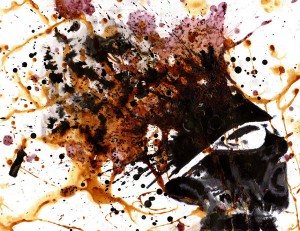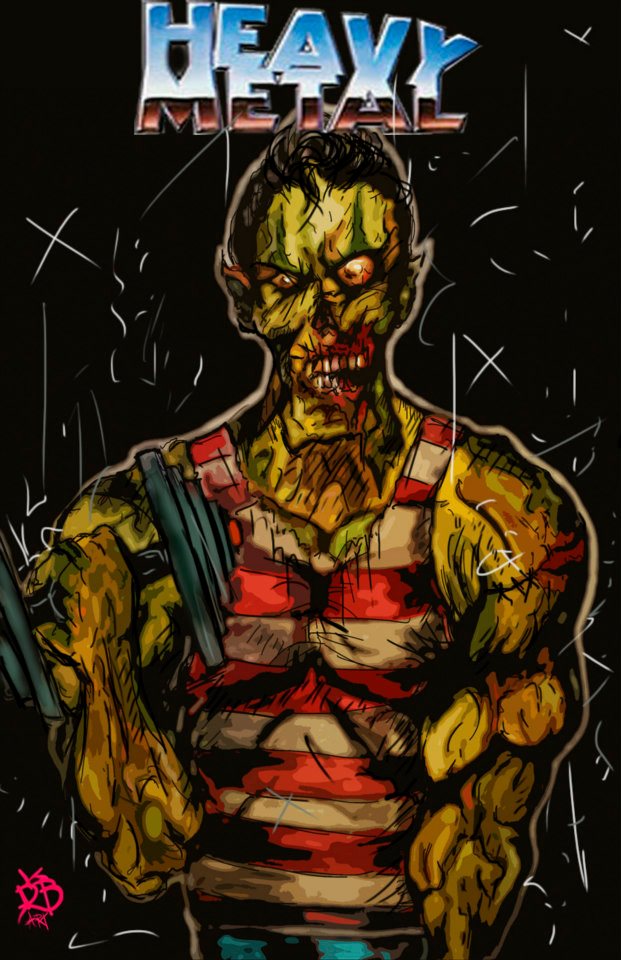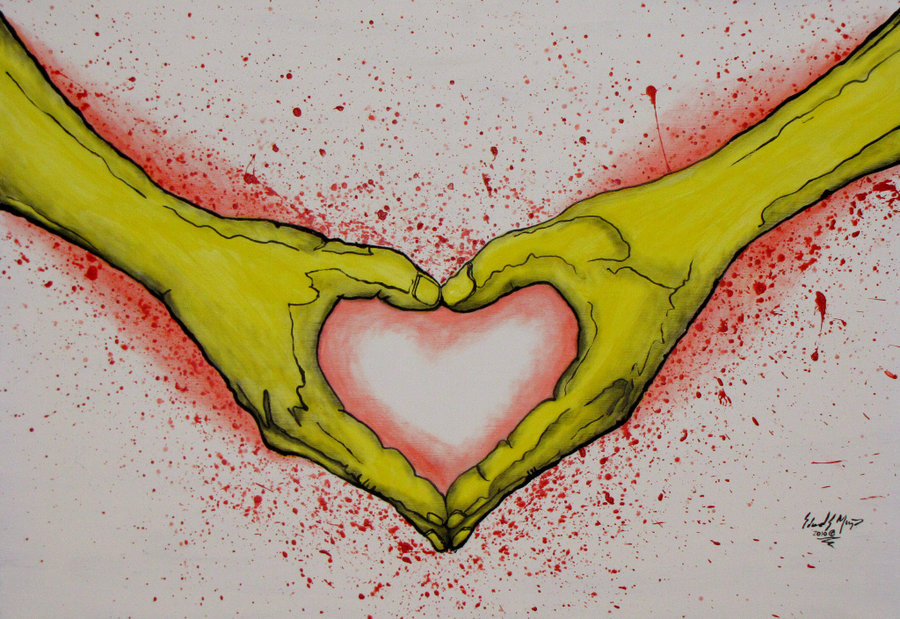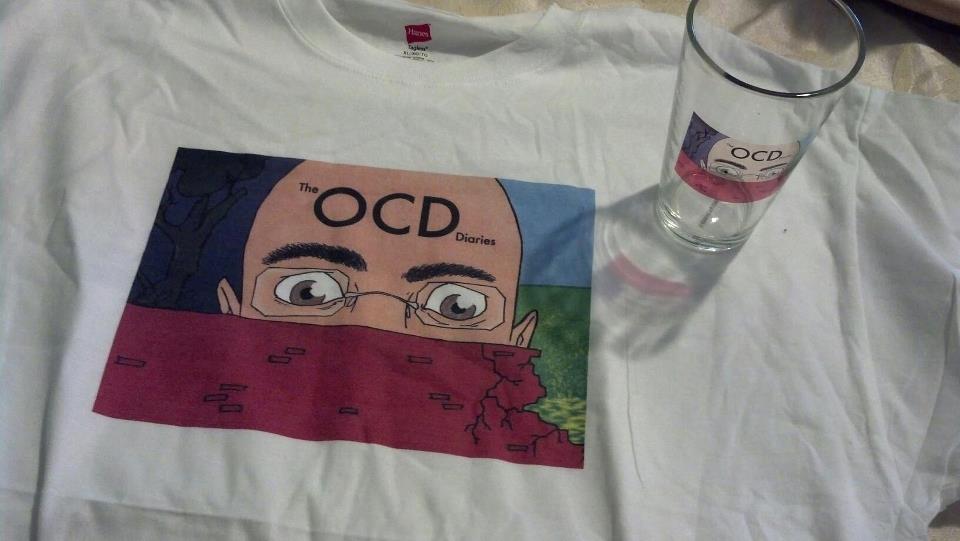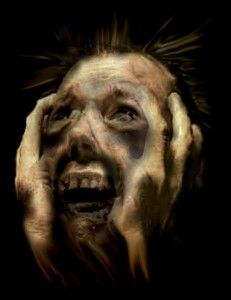One of the basic traits of someone with OCD is an inability to live in the moment. Learning to do so is one of my big projects at the moment.
I’m better at living in the precious present than I used to be. I can remember being a kid, always daydreaming about the future: what I’d look like and how cool my life would be if I were thinner, the clothes I would wear, the girls I would date and the music I would write.
As I sat in my basement pondering such greatness, I’d be binge eating, drinking and smoking and wasting the moment.
Wasting the moment will prevent the future dreams from coming true every time. And so it was with me for a long time. It’s ironic that I did that sort of thing, because I had a nasty fear of the future that was caused by a fear of current events. I was convinced the world wouldn’t make it past 1999. That being the case, I should have embraced the present.
For whatever reason, I didn’t.
Later on, I’d daydream about what life would be like if I got a better job than the one I had at the time. I would have been better off finding ways to make the job I had and myself better day to day.
Through intense therapy for OCD and a program to control the binge eating, I’m much more able to live in the moment.
But I still struggle to keep my head in the moment, especially lately. My wife once compared some of it to my inability to see food portions in the proper perspective. I have no concept of what too much food looks like, so I have to put everything on a scale.
When the OCD runs hot I get the same way about time. I lose perspective on how long something will take or what I should be doing with the moment. I’ll go on the tear around the house doing chores, for example, when more important things are right in front of me, like spending some time with the kids.
It’s a confusing mix and it may not make much sense to you. But it is something I’m working on.
There’s plenty of things to be hopeful of and worry about concerning the future. But in the end, we can only do so much about what’s going to happen.
Better to embrace the moment then, right?
I don’t know how I’ll perfect that one, if I ever do.
For now, I’ll just be grateful that I’m better at it than I used to be.

